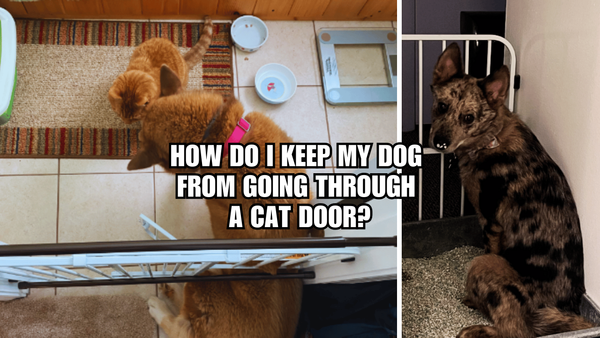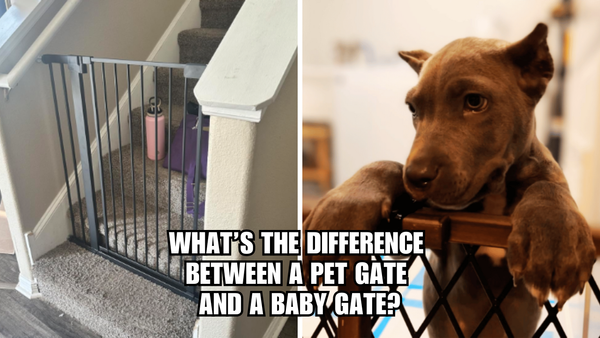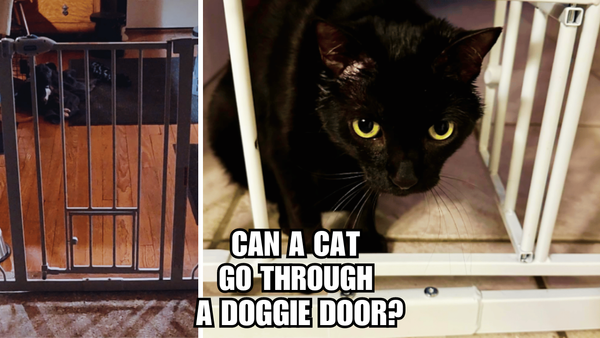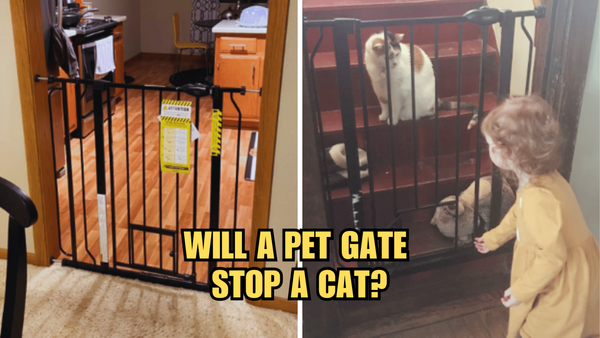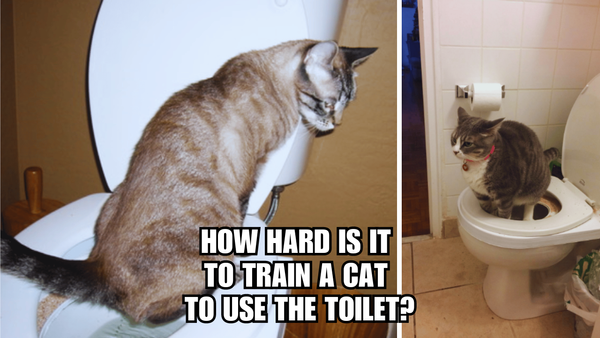Key Takeaways:
- Discover which air purifiers are most effective for combating cat allergies.
- Learn about the specific features that make an air purifier suitable for pet owners.
- Understand how air purifiers can improve indoor air quality and alleviate allergy symptoms.
Are you a cat lover who's been sneezing more than your furry friend purrs? Fear not, for the quest to find the holy grail of air purifiers that can tackle those pesky cat allergies is about to get a whole lot easier—and a tad more humorous. Let's dive into the world of air purifiers and find out which one will have you and your whiskered roommate breathing easy.

The Feline Dilemma: Pet Allergies and Indoor Air Quality
Pet allergies are no joke, especially when your beloved cat is the culprit. But what exactly are we allergic to? It's not just the pet hair that adorns your favorite black sweater; it's also the dander, those tiny particles of skin that Fluffy sheds along with her fur. And let's not forget the saliva that becomes airborne after a good self-grooming session. These allergens can seriously affect indoor air quality, but the right air purifier can help.
The Mighty HEPA: High Efficiency Particulate Air Filters
When it comes to air purifiers, HEPA filters are the cat's meow. These fine mesh marvels are designed to capture allergens as small as 0.3 microns, which includes the majority of pet dander. For pet owners, a HEPA filtration system is a must-have feature in an air purifier for pet allergies. It's like having a superhero that specializes in rounding up microscopic villains.
Activated Carbon Filters: The Odor Obliterators
If you've ever walked into a room and thought, "Ah, Eau de Litter Box," then you know the importance of tackling pet odors. Activated carbon filters are the best solution for removing those scents that tend to linger. These filters work by trapping volatile organic compounds (VOCs) and other odors, ensuring that your family room smells fresh, not feline.
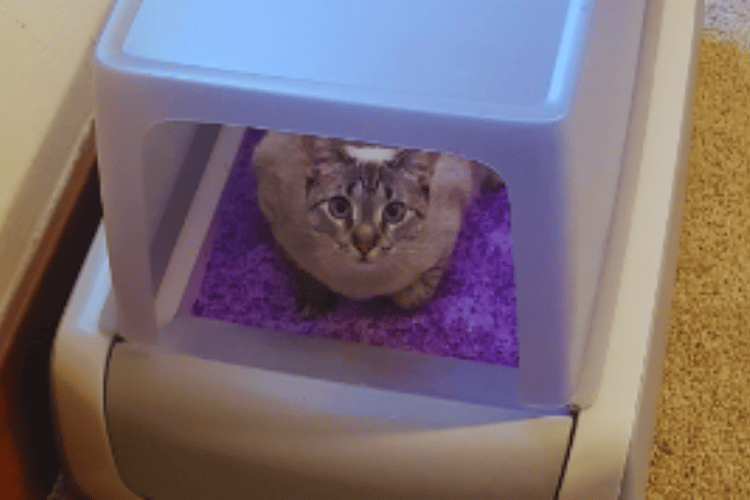
The Battle Against Tiny Particles: Air Purifiers Work Wonders
Air purifiers work by forcing air through a series of filters to remove particles and airborne contaminants. For allergy sufferers, this means that the tiny particles of cat dander floating around can be effectively captured. The result? Cleaner air and fewer sneezes. It's like giving your nose a pair of microscopic goggles.
The Dynamic Duo: HEPA and Activated Carbon
The most effective air purifier for cat allergies combines HEPA filtration with activated carbon filters. This dynamic duo ensures that both the airborne particles and the pet odors are tackled. It's like Batman and Robin, but for your air quality. And just like Gotham, your home deserves the best protection against airborne pollutants.
Small Air Purifier or Large? Size Matters
When choosing an air purifier, size does matter. The coverage area of the purifier should match the size of the room where your cat spends most of its time. A small air purifier might be energy efficient for a cozy nook, but it won't cut it in a large living space. It's like trying to clean a mansion with a toothbrush—ambitious, but not very practical.
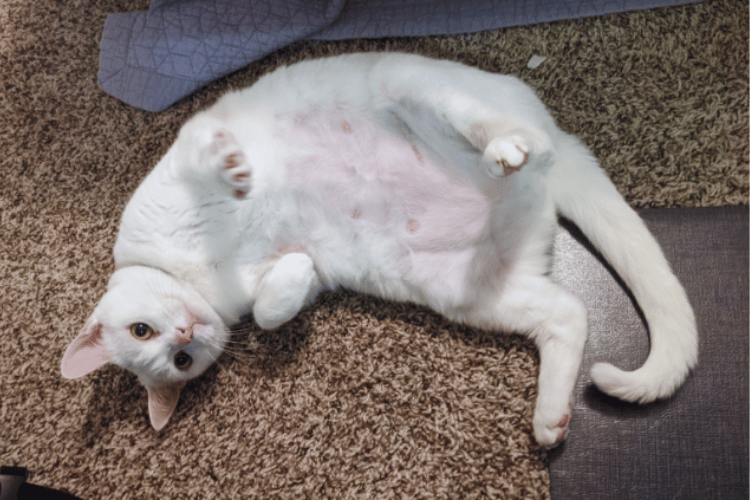
Energy Efficient Air Purifier: Conserve Energy, Not Allergens
An energy-efficient air purifier doesn't just help with pet allergies; it also helps your electricity bill. Look for models with an ENERGY STAR rating to ensure that your device is both effective at air purification and kind to your wallet. It's the eco-friendly way to show those allergens who's boss.
The Dust Mite Derby: Racing to Remove Allergens
Have you ever imagined a world where dust mites hold derbies? Well, in the grand arena of your living room carpet, these microscopic jockeys are off to the races, leaving a trail of allergens in their wake. But fear not, cat owners! Most air purifiers equipped with a HEPA filter are the thoroughbreds of air filtration, designed to capture particles as small as 0.3 microns. That's right, these devices can outpace even the speediest of dust mites, ensuring that pet allergy symptoms are left in the dust.
Now, while other air purifiers might just wave a white flag when faced with the onslaught of airborne allergens, those with a true HEPA filter are like the secretariat of the air purifying world. They don't just remove allergens; they also tackle larger particles that are often the culprits behind those sneeze marathons. So, if you're placing bets on a gadget to help with your sniffles, put your money on the HEPA-stamped stallion that promises to leave dust mites in the rearview mirror.
The Sneezing Siamese: Tackling Air Pollutants with a Vengeance
Have you ever seen a Siamese cat sneeze? It's like watching a tiny, furry opera singer hitting a high note. But when it comes to air pollutants, it's no laughing matter. These invisible menaces can be as small as microns, which is like comparing a flea to a mountain in the world of allergens. Luckily, air purifiers are the unsung heroes, swooping in to capture these pesky particles faster than a cat pouncing on a laser dot. They're the silent ninjas in the battle for a sniffle-free existence, making sure every breath you take is as clean as a cat's dinner plate.
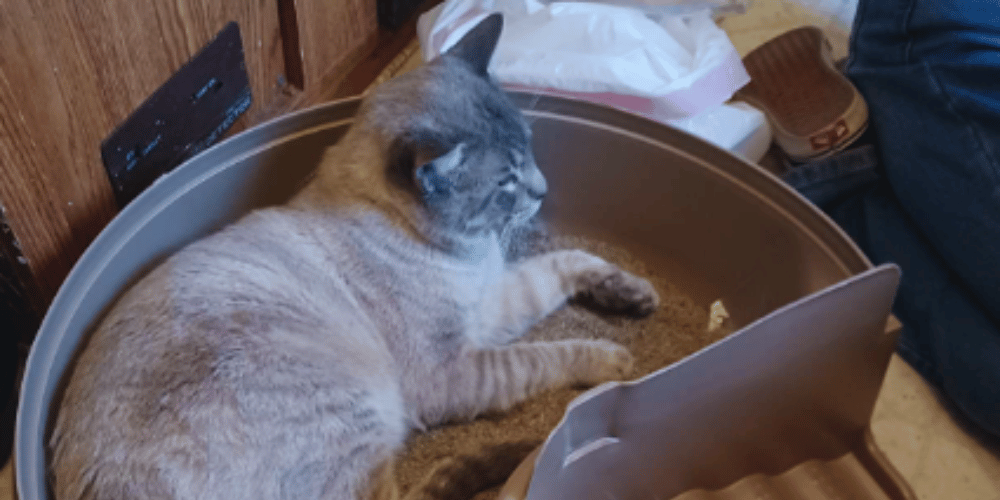
Now, let's talk about the activated carbon filter, the James Bond of filters. It's suave, it's sophisticated, and it's got a license to kill odors. This filter doesn't just trap pollutants; it neutralizes them, leaving your air as fresh as a daisy in a field of catnip. Imagine your cat's litter box smell being tackled by an NFL linebacker—that's the kind of power we're dealing with here. And the best part? These filters are as relentless as a kitten chasing its tail, working around the clock to ensure that your home is a fortress against the microscopic invaders.
The Great Micron Showdown: Air Purifiers vs. Minuscule Menaces
Have you ever wondered how air purifiers tackle those pesky particles that are as small as microns? It's like David versus Goliath, except in this case, Goliath is a dust mite and David is your trusty air purifier. These microscopic marauders are no match for the might of a HEPA filter, which can trap particles down to 0.3 microns in size. That's about 200 times smaller than the diameter of a human hair, or the size of the world's tiniest superhero cape!
But it's not just about size; it's about style. Imagine these tiny particles strutting around like they own the place, only to be sucked into a vortex of clean air. It's the ultimate particle pageant, and only the smallest of the small as microns get past the bouncer. But fear not, because air purifiers are the bouncers of the air quality club, and they're not letting any riffraff through. So, sit back, relax, and enjoy the show as your air purifier works its magic, leaving you with nothing but the freshest of air.
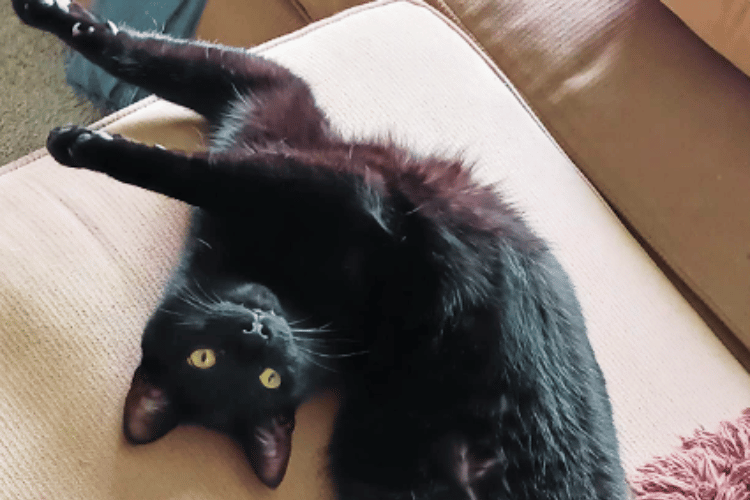
The Micron Wranglers: Air Purifiers in the Wild West of Allergens
In the dusty saloons of the Wild West, there were outlaws, and then there were particles as small as microns, the true desperados of the air quality frontier. These tiny troublemakers are the ones that slip through the cracks, stirring up allergies and riding off into the sunset. But fear not, for there are new sheriffs in town, and they go by the name of air purifiers. With their HEPA filters slung over their shoulders, they're ready to round up every last one of those microscopic miscreants.
Picture this: a tumbleweed rolls by, which is actually a clump of dust mites, and our hero, the air purifier, steps out onto the porch. It's high noon, and the showdown begins. The air purifier's fans whirl into action, pulling in the bad guys and locking them away in filter jail. It's a clean sweep for the good guys, and the townsfolk can breathe easy once again. So tip your hat to these micron wranglers, for they're keeping the peace in the lawless land of allergens.
The Purr-fect Particle Punisher: Air Purifiers for the Win
When it comes to dealing with air pollutants, size does matter. Those tiny troublemakers, small as microns, are no match for the might of a quality air purifier. It's like having a superhero in your living room, only instead of a cape, it has a HEPA filter. These devices don't just clean the air; they perform a microscopic ballet, trapping particles that are so small, they could ride on a dust mite like a horse. It's a spectacle of cleanliness that would make even the most fastidious feline proud.
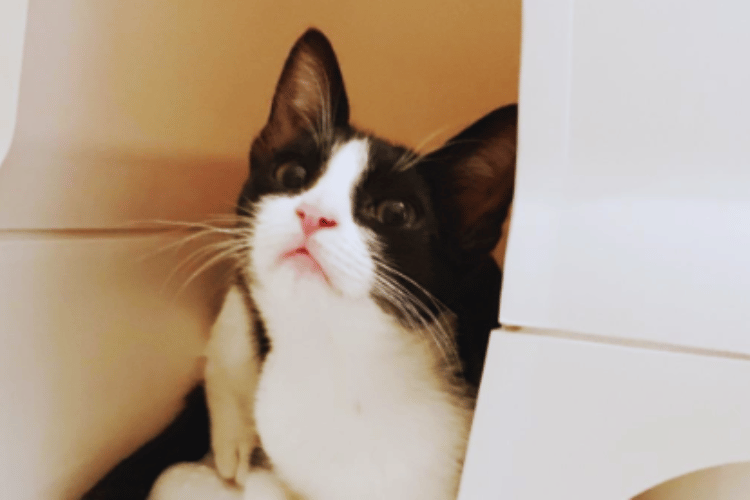
But let's not forget the unsung hero in this microscopic rodeo: the activated carbon filter. This bad boy grabs onto odors and VOCs like a cat latching onto your favorite sweater. It's the Robin to your HEPA's Batman, the Watson to your Sherlock, the... well, you get the picture. Together, they form an unstoppable force, turning your home into an oasis of freshness. So, while your cat may bring in some of the outside world on its fluffy coat, rest assured that your air purifier is there to clean up the party, leaving nothing behind but the sweet scent of victory.
Mold Spores and Furry Friends: An Unlikely Duo
In the quirky sitcom of your home's air quality, mold spores and pet dander are the odd couple that just can't seem to get along with your sinuses. While one loves to cling to damp areas, the other is a free spirit, floating through the air with the greatest of ease. But here's the twist: activated carbon filters are the nosy neighbors that can't help but meddle, absorbing odors and other allergens with the tenacity of a busybody. These filters are the unsung heroes that tackle the stinky stuff, from litter box aromas to that mysterious scent emanating from under the couch.
But wait, there's more! While other air purifiers might turn a blind eye to these microscopic shenanigans, those with both HEPA and activated carbon filters are like the dynamic duo of air purification. They're not just about removing allergens; they're about creating a space where cat owners can breathe easy, free from the drama of airborne allergens and the reality TV-worthy antics of mold spores. So, if you're looking for a breath of fresh air, these filters are ready to roll out the red carpet and show those unwanted guests the door.
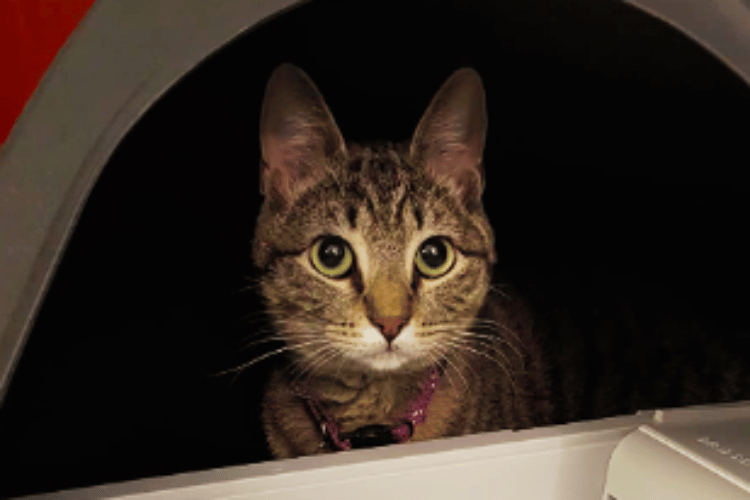
The Fresh Air Factor: Improve Indoor Air Quality
Improving indoor air quality is essential for allergy sufferers. An air purifier with a high Clean Air Delivery Rate (CADR) will ensure that fresh air circulates more frequently, removing allergens and providing relief. It's like having a breath of fresh air on tap, minus the mountain hike.
The Silent Guardian: Low Noise Level Air Purifiers
A low noise level is crucial for an air purifier, especially if it's going to be running in your bedroom or family room. You want a device that captures allergens, not your attention. A quiet air purifier is like a ninja—efficient, effective, and barely noticeable.
Easy Transport: Air Purifiers on the Move
Sometimes, you need to move your air purifier from the living room to the bedroom or even the room with the dreaded litter box. An air purifier with easy transport features, like handles or wheels, makes this a breeze. It's like having a personal bodyguard for your nose that can follow you anywhere.
The UV C Light: Zapping Airborne Bacteria
Some air purifiers come equipped with a UV C light, which can help kill airborne bacteria and viruses. While this feature isn't specifically targeted at pet allergens, it's an added bonus for overall air quality. It's like having a tiny lightsaber that takes out invisible enemies in your air.

The Auto Mode: Smart Air Purification
Many air purifiers come with an auto mode, which adjusts the filtration speed based on the level of airborne contaminants. This means the purifier works harder when your cat is shedding more, and conserves energy when things are calmer. It's like having a smart assistant who knows exactly when to step up the game.
Pre Filter: The First Line of Defense
A pre filter acts as a fine mesh barrier, catching large particles like pet hair before they reach the inner workings of the air purifier. This not only helps with pet allergies but also extends the life of the main filter. It's like having a bouncer at the door of a club, keeping the riff-raff out.
The Right Air Purifier: Providing Relief for Allergy Sufferers
Choosing the right air purifier can make a world of difference for those with cat allergies. By combining HEPA filtration, activated carbon filters, and other features like UV C light and auto mode, you can create a safe haven free of pet allergens. It's the best way to enjoy the company of your furry friend without the sniffles.
The Dyson Purifier: A Case Study in Innovation
The Dyson purifier is often hailed as one of the best air purifiers for pet owners. With its sleek design, HEPA filtration, and activated carbon filters, it's a prime example of how modern technology can help allergy sufferers. Plus, its bladeless fan is as quiet as a cat on the prowl.
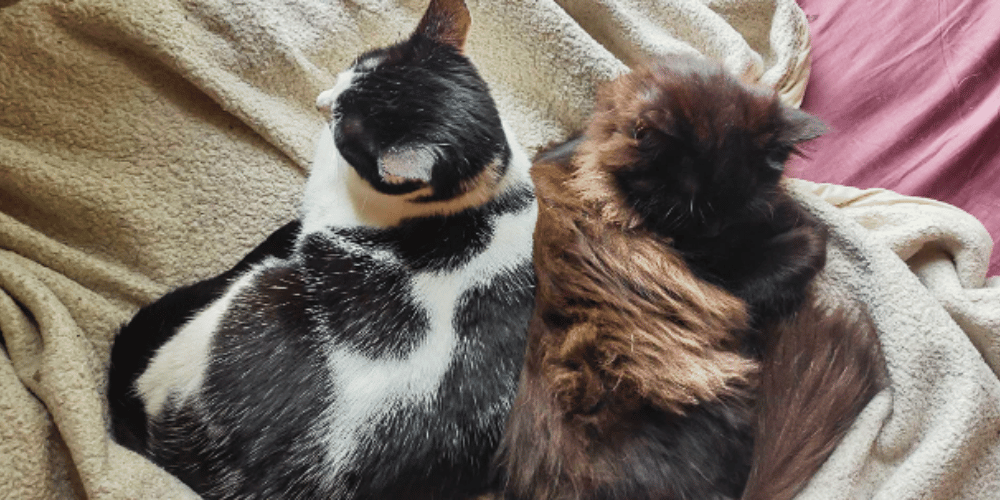
Summary
In the fur-filled world of cat ownership, finding the right air purifier can mean the difference between constant sneezing and blissful breathing. Remember, the best air purifier for cat allergies will have a combination of HEPA filters, activated carbon filters, and features that cater to pet owners' specific needs. By choosing wisely, you can improve indoor air quality, remove pet dander and odors, and enjoy your feline's company without the pesky allergy symptoms.
FAQ Section
Q: Can air purifiers completely eliminate cat allergies? A: While air purifiers can significantly reduce the presence of pet allergens in the air, they cannot completely eliminate allergies. They are most effective when used in conjunction with other allergy management strategies, such as regular cleaning and keeping pets out of certain areas.
Q: How often should I replace the filters in my air purifier? A: The frequency of filter replacement varies depending on the model of the air purifier and how often it's used. Generally, HEPA filters should be replaced every 6 to 12 months, while activated carbon filters may need to be replaced every 3 months. Always check the manufacturer's recommendations for your specific model.
Q: Are air purifiers safe for pets? A: Yes, air purifiers are safe for pets and can actually benefit them by improving the air quality they breathe. Just make sure to choose a purifier without ozone emissions, as ozone can be harmful to both humans and pets.
Thank you for visiting LegitLists we hope this helps you make a legitimate choice!


